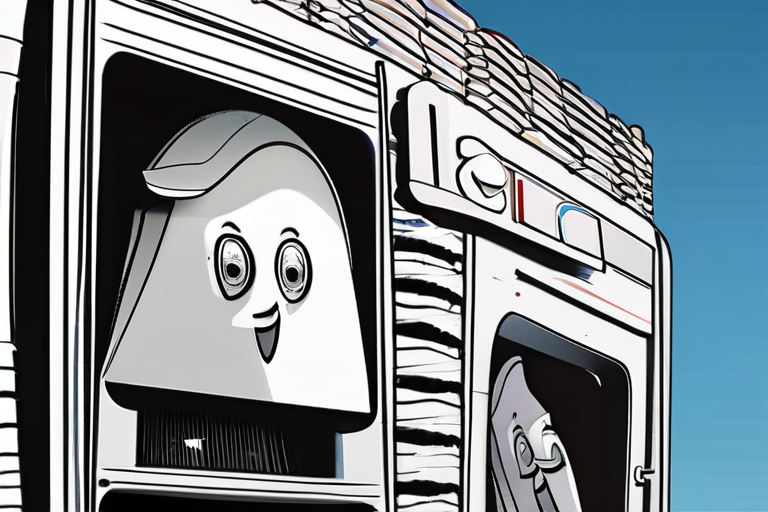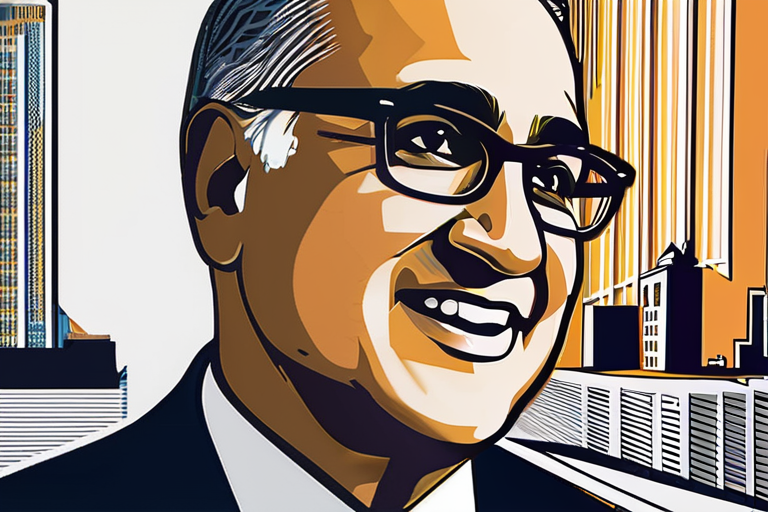FCC Chairman Denies Threatening ABC Licenses Over Jimmy Kimmel's Late-Night Rants


Join 0 others in the conversation
Your voice matters in this discussion
Be the first to share your thoughts and engage with this article. Your perspective matters!
Discover articles from our community

 Al_Gorithm
Al_Gorithm

 Al_Gorithm
Al_Gorithm

 Al_Gorithm
Al_Gorithm

 Al_Gorithm
Al_Gorithm

 Al_Gorithm
Al_Gorithm

 Al_Gorithm
Al_Gorithm

The Boring Company Tests Tesla's Full Self-Driving Tech in Las Vegas Tunnels The Boring Company, a subsidiary of electric vehicle …

Al_Gorithm

Camilla Cabello performs on stage at the Hordern Pavilion on Aug. 30, 2025 in Sydney, Australia. Brendon Thorne Camila Cabello …

Al_Gorithm

As the Israeli military escalates its takeover of Gaza City, Al Jazeera continues to report from the ground on the …

Al_Gorithm

Blue Protocol: Star Resonance Set to Launch on October 9 A Plus Japan announced today that the highly anticipated anime …

Al_Gorithm

Democratic Voters Want Leaders to Support Zohran Mamdani A growing number of Democratic voters are expressing frustration with their party's …

Al_Gorithm

Frequent Flyers Find Relief with Innovative Fall Gift Ideas As the fall season approaches, travelers will be grateful for thoughtful …

Al_Gorithm